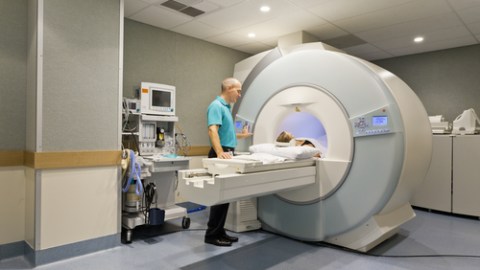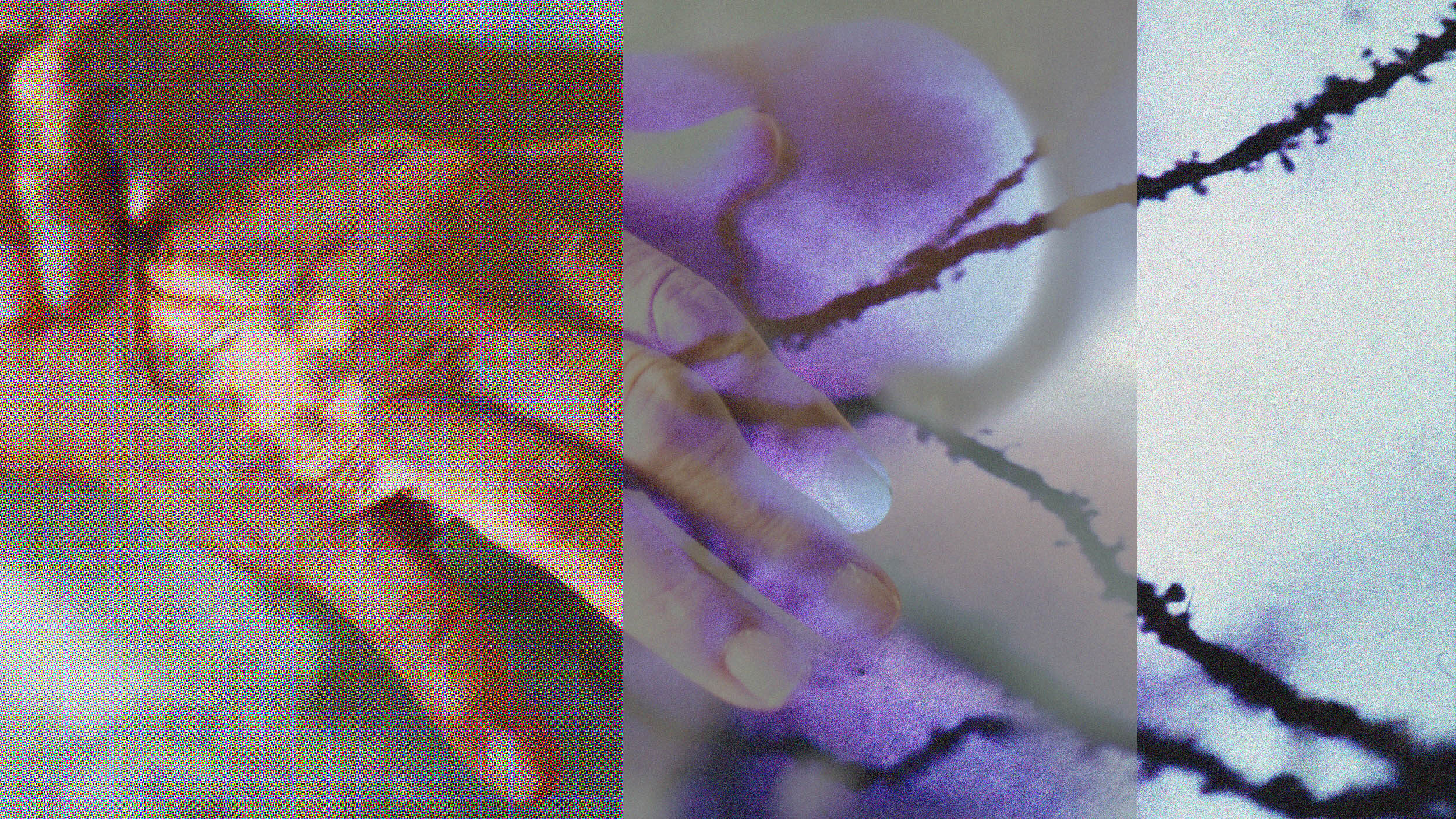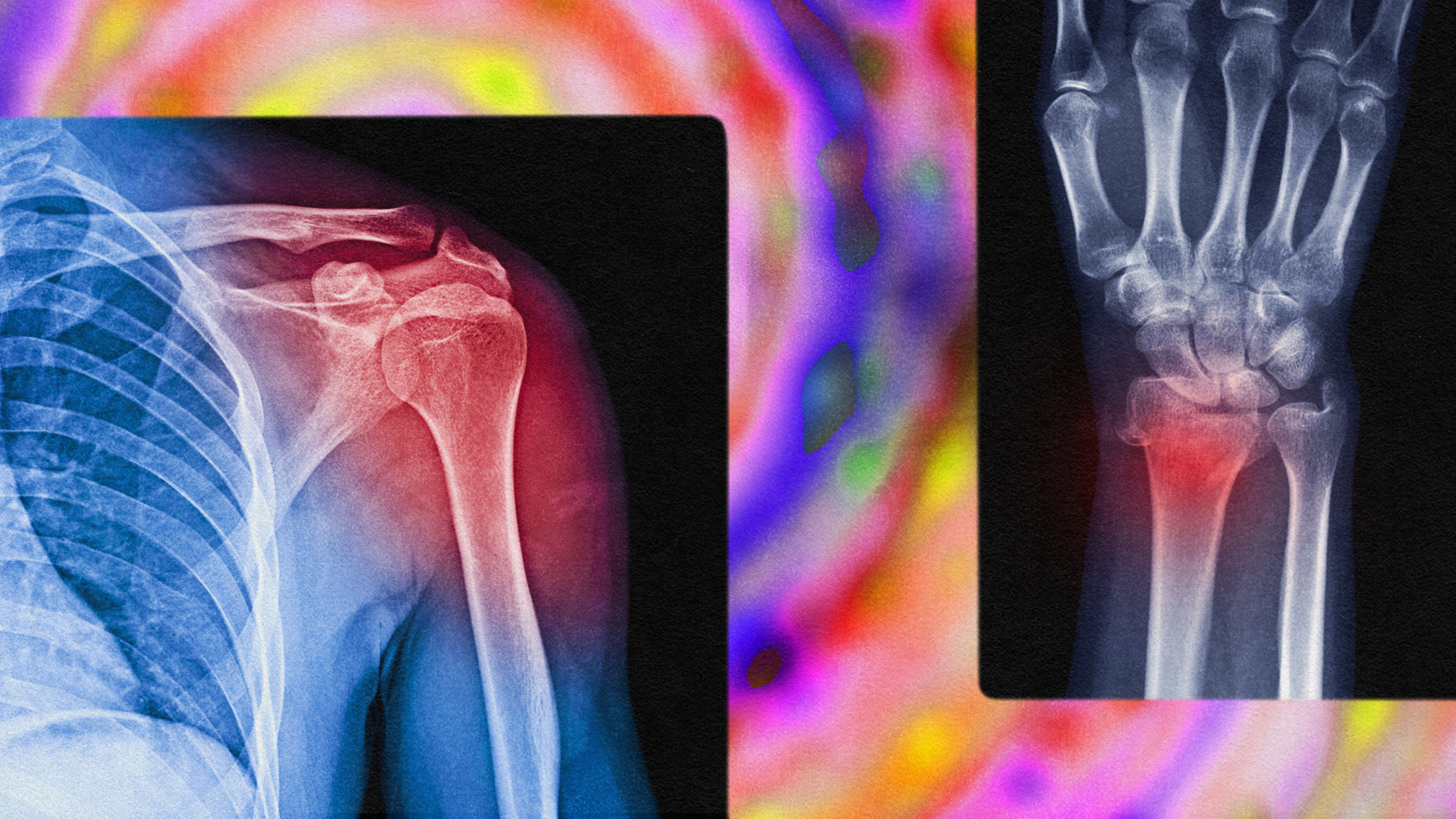Ecstasy Research Looks to Help Those Affected by PTSD

What’s the Latest Development?
In England, new research is being done with MRI scanners and a not-so-new drug. David Nutt of Imperial College London is conducting trials on MDMA, the active ingredient of the party drug, ecstasy. David is a “former government adviser and one of the few UK researchers licensed to study class-A drugs,” listed as Schedule I in the United States, as in the most illegal. “His main aim is to discover what MDMA does to the human brain, something that, remarkably, has never been done before.”
What’s the Big Idea?
The reason for figuring out how MDMA acts in the brain is not to see how it works when people are partying, rather the study hopes to find a new way of helping people diagnosed with post-traumatic stress disorder. One of the tasks of the study was for a person on MDMA to think of their five best and worst memories and rate them in terms of vividness. After some positive preliminary results, researchers hope that if some people can “access negative memories without being overwhelmed by them and they might be able to change the way they feel about what happened.” Therefore, with MDMA they can turn their awful memories into ones that are much more manageable.
Photo Credit: Shutterstock.com





